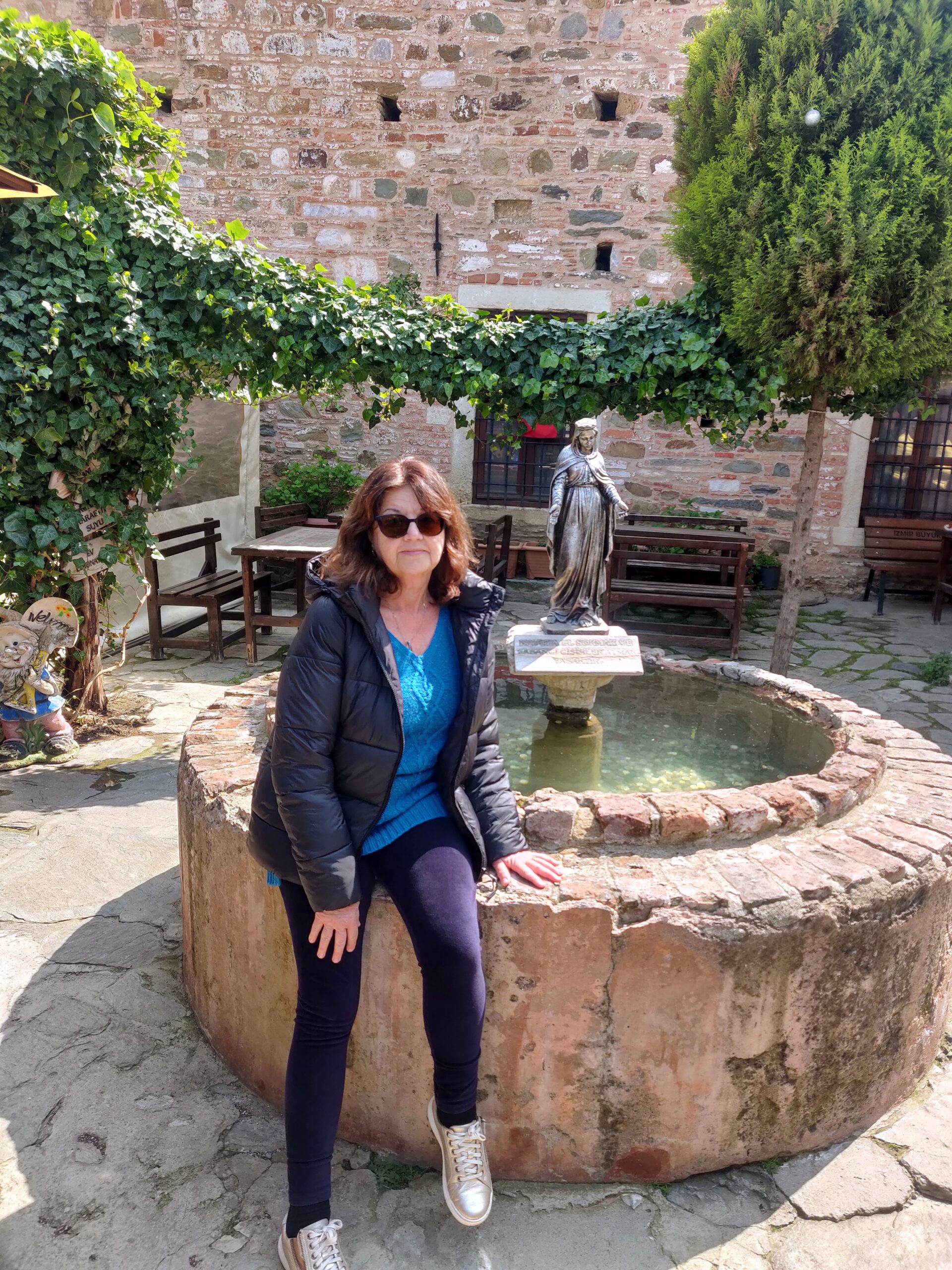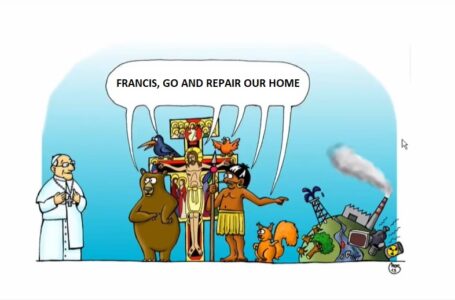Why Does Modern Architecture Look So Bad?
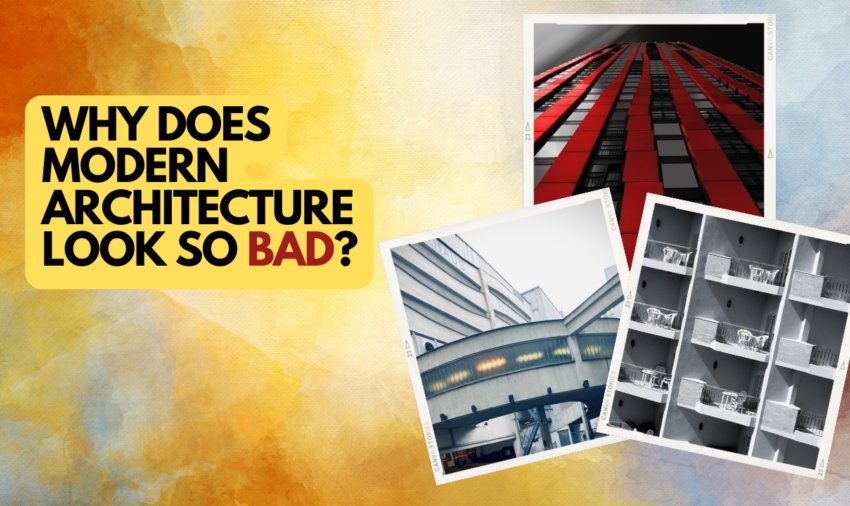
By making recourse to John Ruskin’s book The Seven Lamps of Architecture, in this article, Alisa Arturovna Iordan reflects upon the state of architecture today. Why does modern architecture look so bad? (does it?), and if so, what can we all learn from Ruskin’s commentary?
I often wonder where we as human beings went wrong.
In saying this, I have in mind ‘modern architecture’, particularly the boxy and purely utilitarian style that has conquered all of our public and even private spaces. How did we end up at this cardboard box design, when we were once capable of creating marvellous gothic cathedrals whose peaks soared to the skies and their embellishments served as the evocation of heaven itself?
How did we go from even the drabbest of houses being treated as a piece of beauty – to everything suddenly tasting like ashes?
After trying to pin down the reason, an answer came to me. I was reading John Ruskin’s The Seven Lamps of Architecture – a book which, in its essence, explores our devotion to God and our willingness to have our every action directed to the appreciation of his divine love. Although Ruskin does not stop here, I personally think that this – that is, our lack of genuine devotion to God – is the primary point which separates our atheistic architecture from the beauty of the past.
As Christian faith (used broadly) progressively faded from our society, our need to allow everything to be a means to bring us closer to ‘grace’ faded too. My guess is that, for the large part of people’s lives (although one finds exceptions), life is rarely spent honouring God and being grateful for his creation. This is the downfall of our aesthetic appreciation as humanity! Our sensitivity for certain values has deteriorated.
So long as God no longer plays an essential role within the lives of individuals, we cannot direct ourselves toward his worship. The reason why we ‘need’ to engage in worship is because worshiping God helps us go out of our self and receive the unconditional love that God has for us. It is only in receiving this kind of divine love that we will be able to pour it out in our actions – be they works of art, works of love, etc. In this light, as our propensity to worship faded, it seems our need for things to be done well and beautifully faded too.
Living in a time of mass production, most things have become standardised and made cheaply out of poor materials. Before, one would seek to become the master of his craft (i.e, be it woodworks, art, or architecture) because he felt that it was the right thing to do (or the thing which God wants him to do). Indeed, back then, it seems we were not so much bound by our fickle motivation to simply be ‘good’ for ourselves – but rather sought the heights of mastery as a means of prayer, as a means of honouring something greater than our Self.
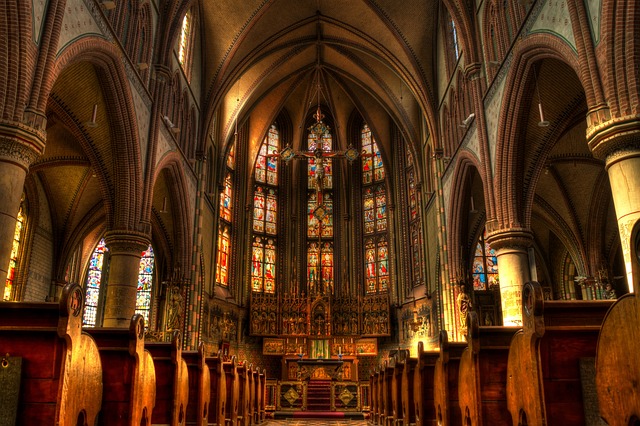
The presence of God removes the weakness that the human body and mind may have because it places one in the context of divine creation. When we are actively in a relationship with God, everything we might do in our life could be directed towards something beyond our self, toward something eternal and all-powerful which is free from human faults. When this locus is lost, the world around us, the things we produce and see, all these will stop having purpose outside of immediate satisfaction. Today, we rarely feel that buildings need to be permanent manifestations of the divine, or signs of respect and worship for future generations to come. Often, they are temporary solutions that will not matter and can be discarded once they are used up or taken over by a different owner.
In order for us to be able to create beauty, we need to be well aware of what beauty ‘is’. And although a sense of what beauty is, is natural to all humans – plenty of atheists or unbelievers have created beautiful works of Art – the closer one grows to God (i.e., the closer one grows to unconditional love), the deeper their knowledge of beauty becomes. As Hans Urs von Balthasar writes,
Beauty is the disinterested one, without which the ancient world refused to understand itself, a word which both imperceptibly and yet unmistakably has bid farewell to our new world, a world of interests, leaving it to its own avarice and sadness.
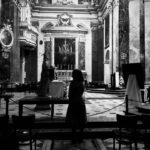
Written by Alisa Arturovna Iordan.
Coming from the background in the Social Sciences, Alisa has developed sensitivity towards understanding and investigating matters concerning our society – seeking to understand why we do what we do and what can be done to better our state. In combination with her Catholic faith, this quest attained a new meaning and weight as her curiosity changed from a purely academic one to one also working towards discovering God more.
See more –

